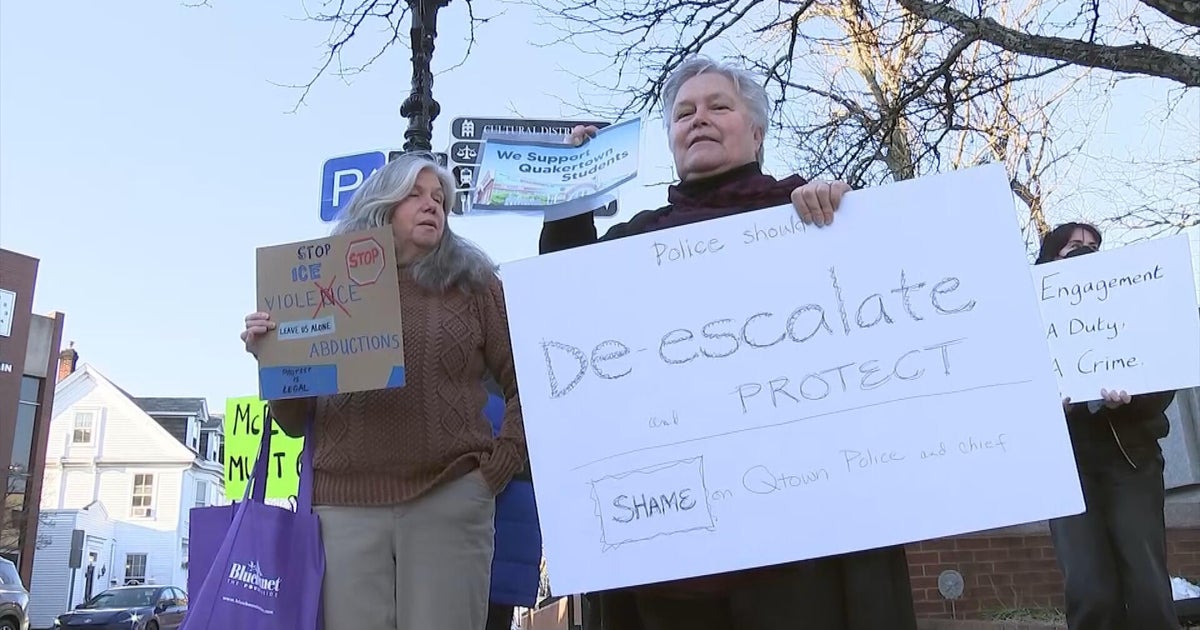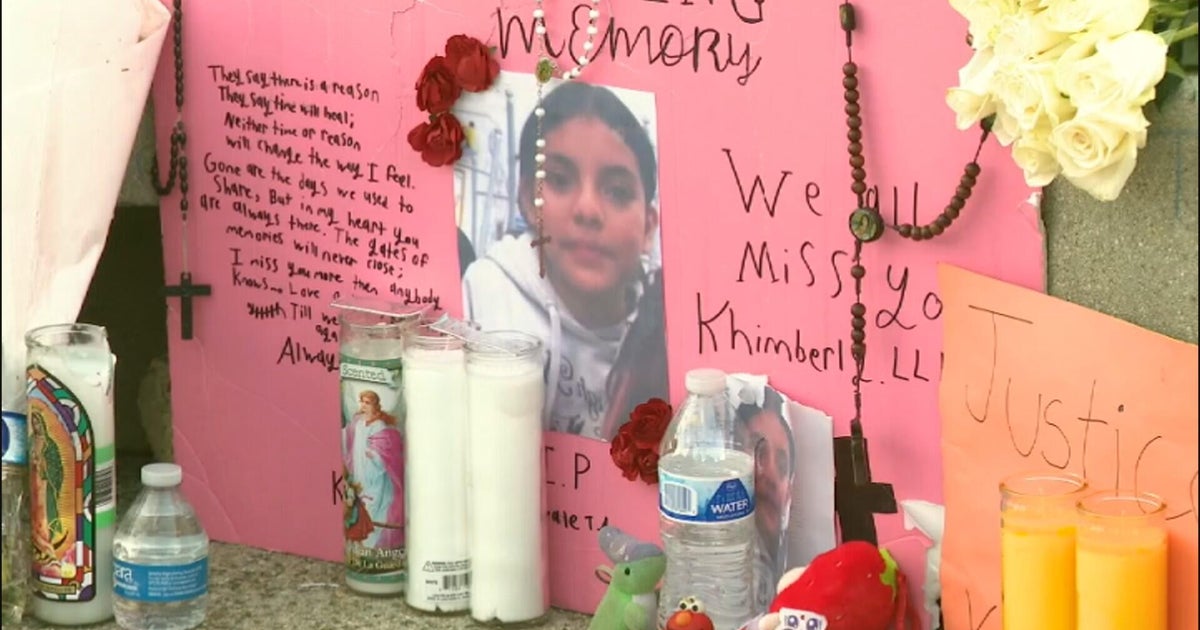Researchers Investigate Cannabis Compounds to Treat Dementia
LAFAYETTE (KPIX) -- A few times a day, 92-year-old Lucy Hanson takes a little capsule; in it is medical marijuana.
"They call it my happy pill and I call it my happy pill," Hanson laughs.
It's hard to believe when you talk to her now but, four years ago, Lucy was confused, falling down and speaking gibberish. She often lay in bed and would make no eye contact with her family or friends.
Her daughter brought her to a neurology clinic where specialists ran diagnostic tests and looked over all of her medications. They said the problems were not with her prescription drugs.
"They came back with a diagnosis of advanced dementia," said her youngest daughter Tania Hanson DeYoung, adding "We thought we'd only have her for another six months."
Enter Eloise Theisen, a geriatric nurse-practitioner who specializes in medical cannabis. Theisen is on the team at Green Health Consultants.
"Seniors are the fastest-growing demographic of cannabis users," explained Theisen.
Theisen weaned Lucy off some medications and then put her on cannabidiol, or CBD for short.
CBD is a non-intoxicating form of cannabis that's derived from hemp.
The change in Lucy was remarkable.
"Lucy's had one of the most dramatic responses," remarked Theisen.
"I got my mother back," said Hanson's daughter Tania.
"I know it sounds crazy but it seems like I was given back a life," exclaimed Hanson.
KPIX has spoken to several different caregivers who recount similar experiences.
"I would give her a couple of hits of cannabis off a little glass pipe," said Steve DeAngelo, who heads up Harborside, a medical cannabis dispensary.
DeAngelo's late mother had Alzheimer's disease, a progressive neuro-degenerative illness. He says cannabis helped her.
"She would stop frowning, she would start smiling and she would be less physically agitated," said DeAngelo.
"It was really an overnight miracle," exclaimed Basil Shaaban.
Basil and his brother Farah saw it with their own eyes. Their mother Tagrid was diagnosed with early-onset Alzheimer's about eight years ago.
As her symptoms worsened, doctors put her on anti-psychotic drugs.
"She was already in a pretty fragile state and these drugs came in and they literally destroyed her ... whatever she had left of her," said Farah Shaaban.
The brothers convinced family members to let them try CBD. Their mother's personality returned and her agitation and insomnia disappeared.
"We were so relieved that she would finally be able to sleep," Farah Shaaban remembers.
Tagrid is off anti-psychotics and her doctors were curious.
"Now a year later they're consulting with us to try to understand what it is that we did and how they can learn from it and apply it in their own practice," Basil Shaaban said.
The Shaaban brothers tried different strains of CBD and finally settled on one that worked the best: they call it "Tagrid's Strain."
Now, an intriguing preliminary report out of a prestigious research institute suggests cannabis may actually protect the brain.
"We were looking at botanicals," said Dr. David Schubert, with the Salk Institute for Biological Studies in La Jolla.
Schubert studies neuro-degenerative disorders like Alzheimer's.
"It's just a really horrible disease. There is no reasonable therapy. There is nothing that can slow it down," said Schubert.
In a dish in his lab, Schubert and his team grew nerve cells taken from a human brain.
They were altered to produce high levels of a toxic protein linked to Alzheimer's disease.
The protein known as amyloid beta builds up within the neuron, causing inflammation, and killing it.
"So inflammation is a major driving force," said Schubert.
The scientist then exposed the neurons to cannabis. He found cannabis cleared away the toxic protein.
It stopped the inflammation from inside the neuron and that allowed the brain cells to survive.
"It's a very important discovery," says Dr. Michael Weiner, who conducts Alzheimer's research at the San Francisco VA Medical Center.
"This is a very promising area of research and should be explored," said Weiner.
Weiner said until good clinical studies are done in humans, people should not try to take marijuana for a medical benefit.
One major problem: cannabis remains illegal under federal law, making it tough to study.
Schubert believes that has slowed progress.
"It's slowed it down a tremendous amount," Schubert said.
Lucy Hanson's daughter is convinced.
"She'd be dead if we had waited for it to be carefully studied, my mom would be dead," said Tania.
As for Lucy? "Don't you dare take it away from me," she laughed.







